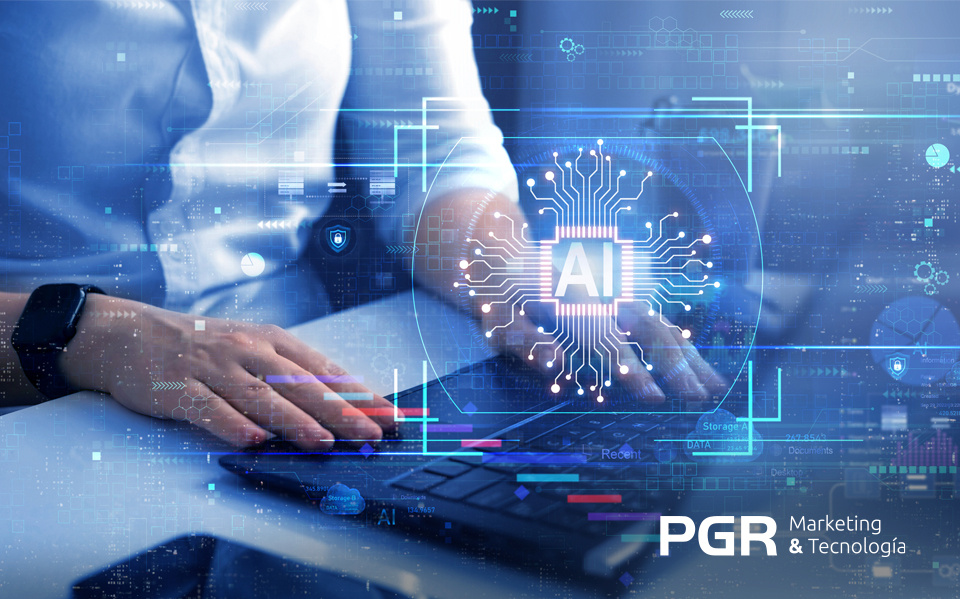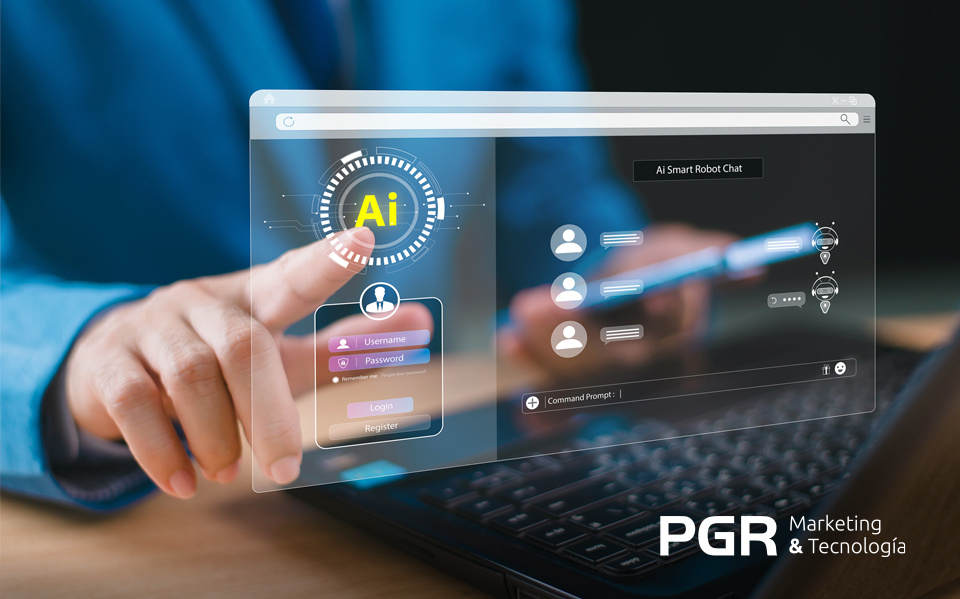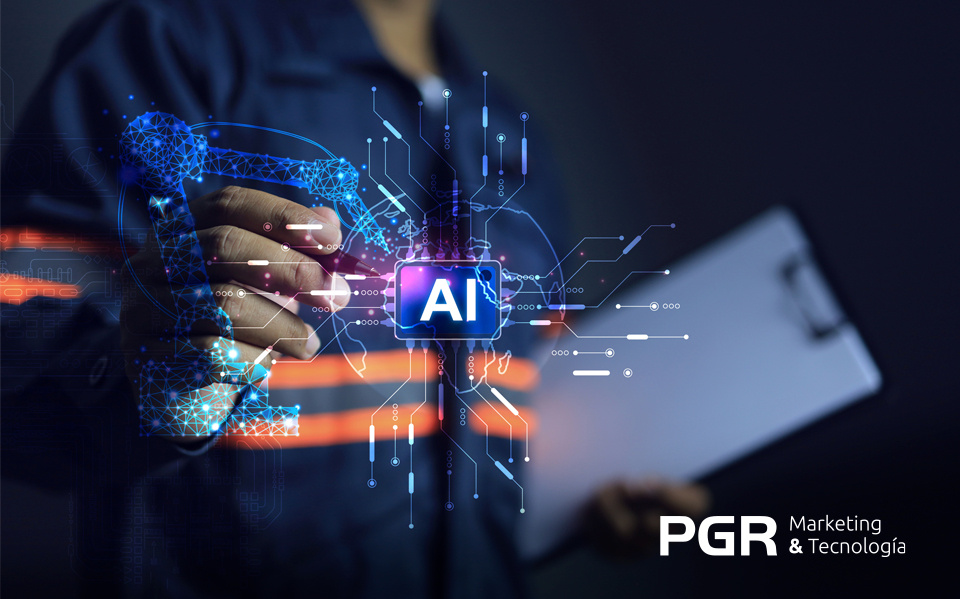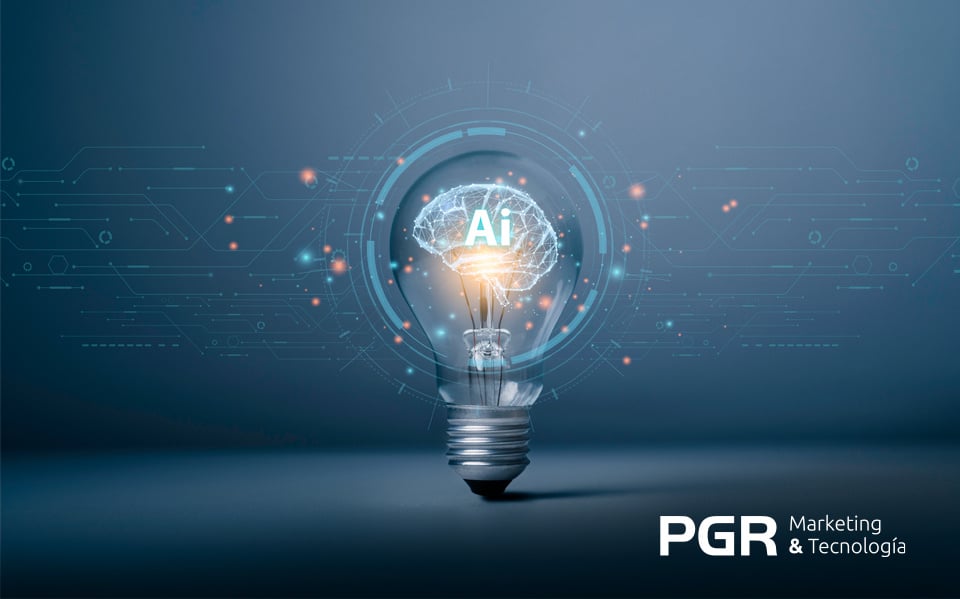
In today’s environment, event organisation faces numerous challenges, particularly in an increasingly competitive and digitised landscape. Organisers must balance the need to offer unique and memorable experiences with the growing demand for personalisation from attendees.

The evolution of digital marketing has led brands to face an increasingly complex landscape, where capturing quality traffic becomes a top priority.

Selecting the right ICT distribution channel is a challenge for companies due to the lack of centralized information and the difficulty in evaluating suppliers. Factors such as costs, speed of implementation and customization complicate the choice. Uncertainty increases due to market saturation. This requires reliable analytical tools equipped with the latest technology to make strategic decisions.

Do you want to optimize SEO and SEM campaigns using Artificial Intelligence (AI)?

Customised artificial intelligence solutions enhance marketing by tailoring messages, product recommendations, and services based on user behaviour. By analysing data, AI creates personalised experiences that improve customer engagement. Recent advancements, such as generative AI, enable near real-time personalisation, ushering in an era of omnichannel hyperpersonalisation, where the customer experience seamlessly adjusts across platforms according to their immediate behaviour. As AI-driven personalisation has become more refined and powerful, consumers have come to expect these personalised experiences. According to McKinsey, 71% of consumers expect personalised content, and 67% feel frustrated when interactions do not meet their needs. Personalisation drives growth, with businesses generating 40% more revenue thanks to this practice. Today, AI-driven personalisation is applied across various industries to deliver relevant product recommendations and experiences, both for individual buyers and professionals in B2B settings, or employees receiving personalised communications. In marketing, AI personalisation drives several strategies, including personalised email marketing campaigns or online ads targeting specific consumer groups. Customised AI solutions to enhance marketing 1.- AI in email marketing Artificial intelligence optimises email marketing campaigns by personalising messages based on recipients' behaviour and preferences. AI algorithms can segment audiences more accurately, predict the best time to send emails, and adjust content based on previous interactions. This results in higher open rates and improved conversion rates. 2.- Online ads targeted at specific consumer groups AI enhances targeted advertising by analysing user data to deliver ads that are more likely to interest an individual. This increases the effectiveness of marketing campaigns and reduces waste in advertising efforts by reaching the right audience with the right message. 3.- Personalised product or service recommendations Artificial intelligence can analyse purchase behaviour, preferences, and demographic data to offer highly relevant product or service recommendations. By predicting what a customer may need or want, AI helps personalise the shopping experience, increasing the likelihood of conversion and improving customer satisfaction. This personalisation enhances the customer experience and fosters long-term loyalty. For IT companies, adopting customised artificial intelligence solutions not only optimises customer interactions but also opens new opportunities for innovation in their marketing strategies. By integrating these advanced solutions, businesses can offer not only more precise and relevant experiences but also improve operational efficiency, reduce costs, and increase return on investment. The ability to personalise every aspect of communication and services strengthens customer relationships and positions IT companies as leaders in a highly competitive market, preparing them to tackle the challenges of the digital future. Would you like to start boosting your marketing strategy with customised AI solutions? At PGR Marketing and Technology, we can help you achieve this, so your IT company can become more competitive